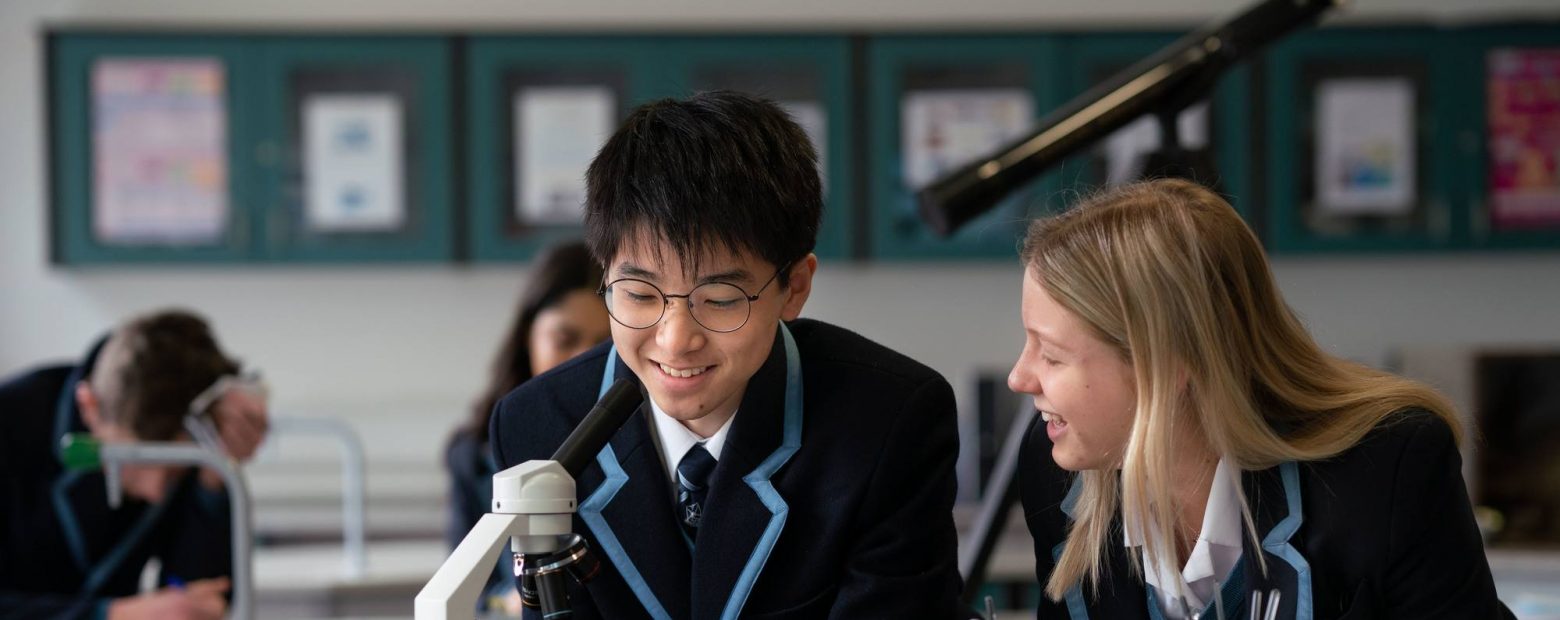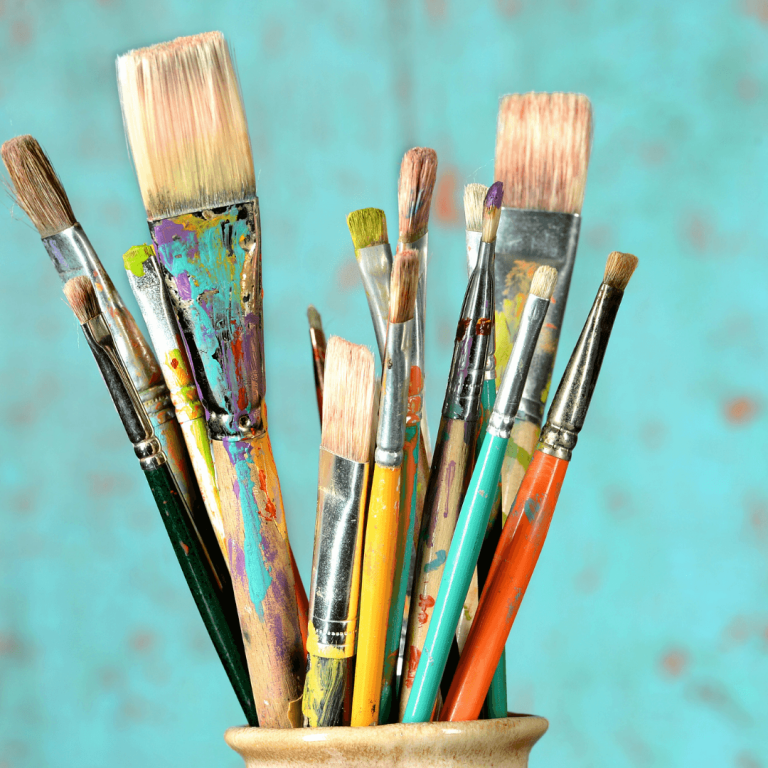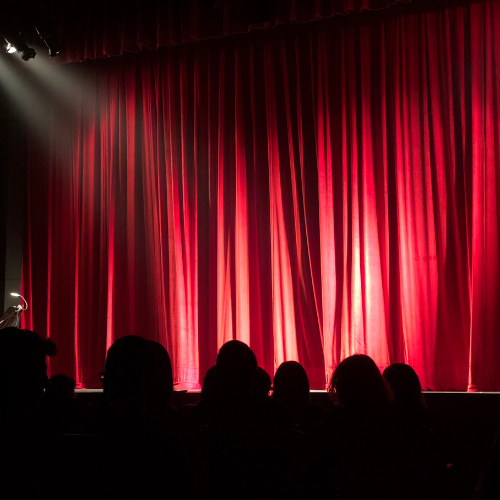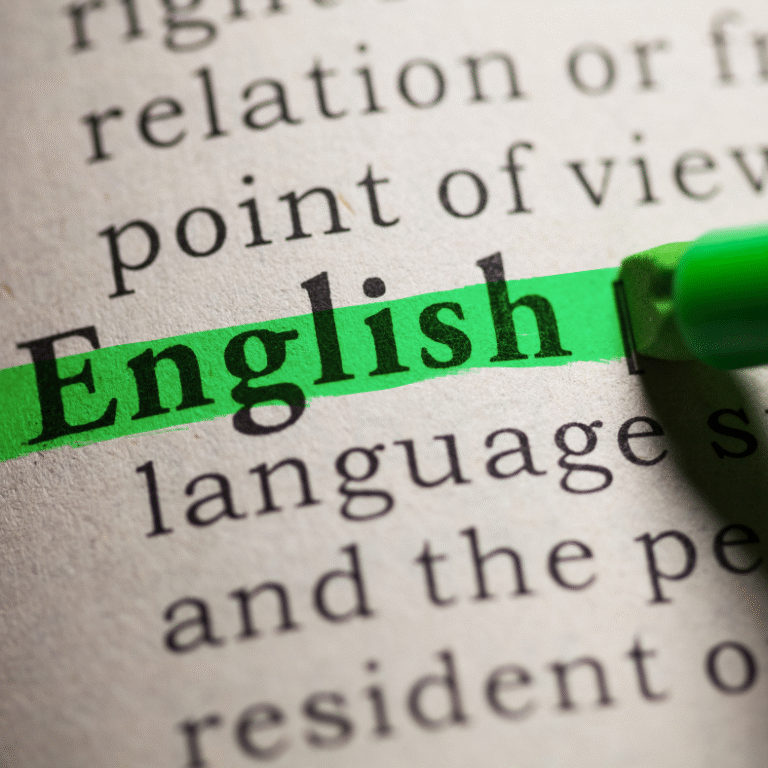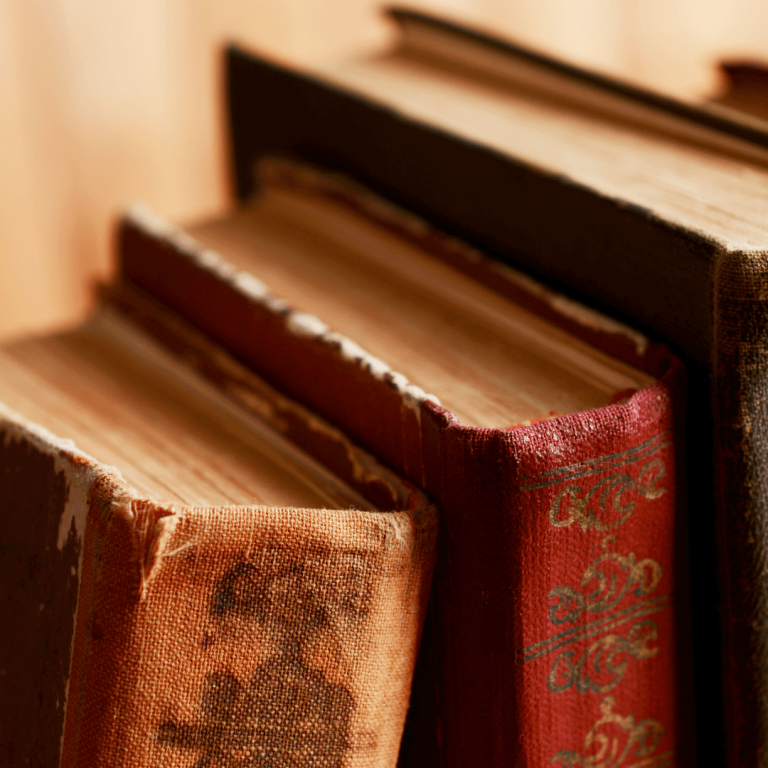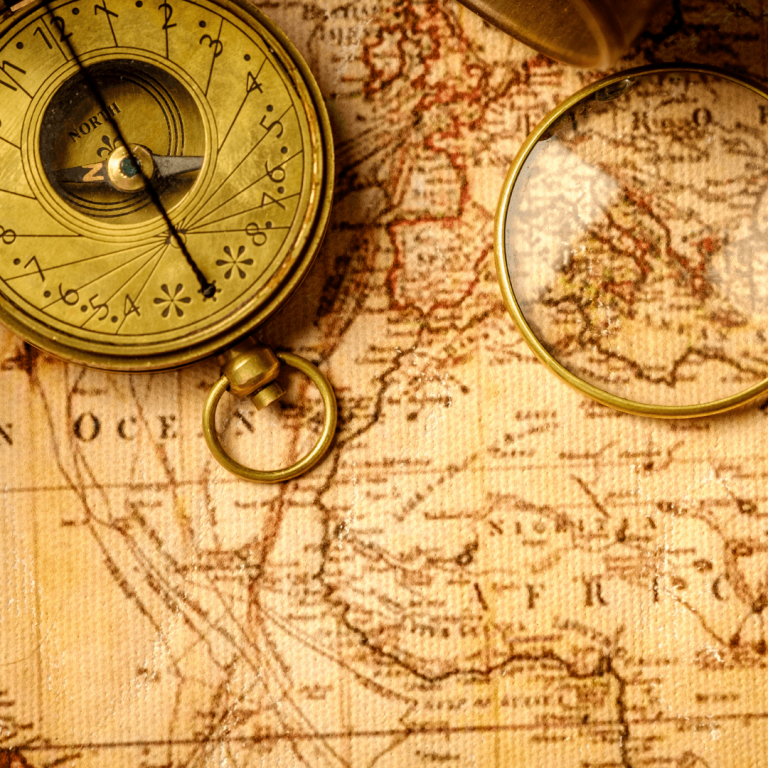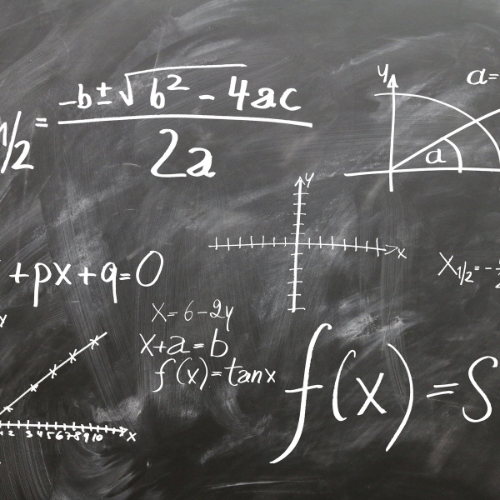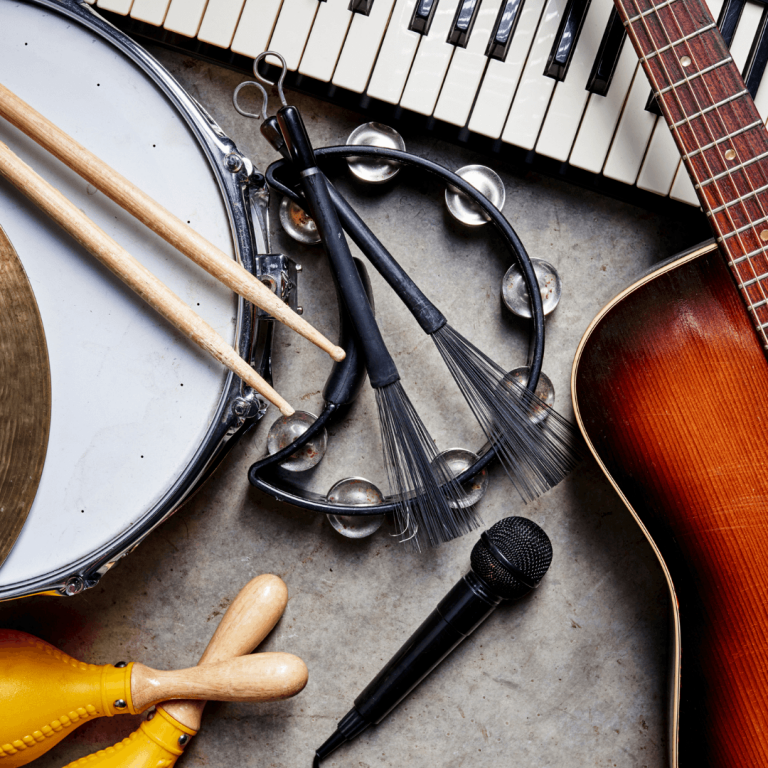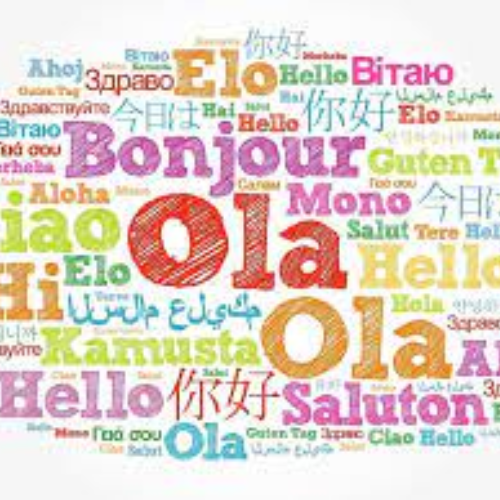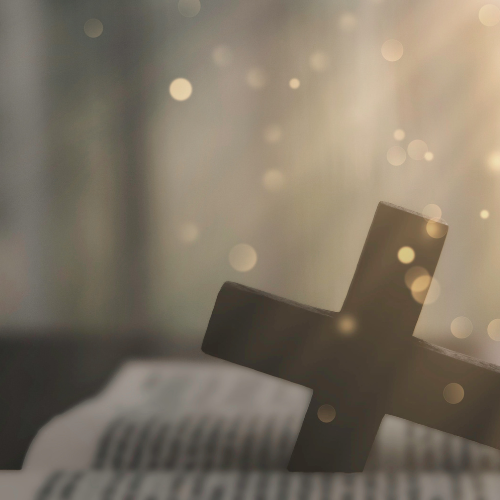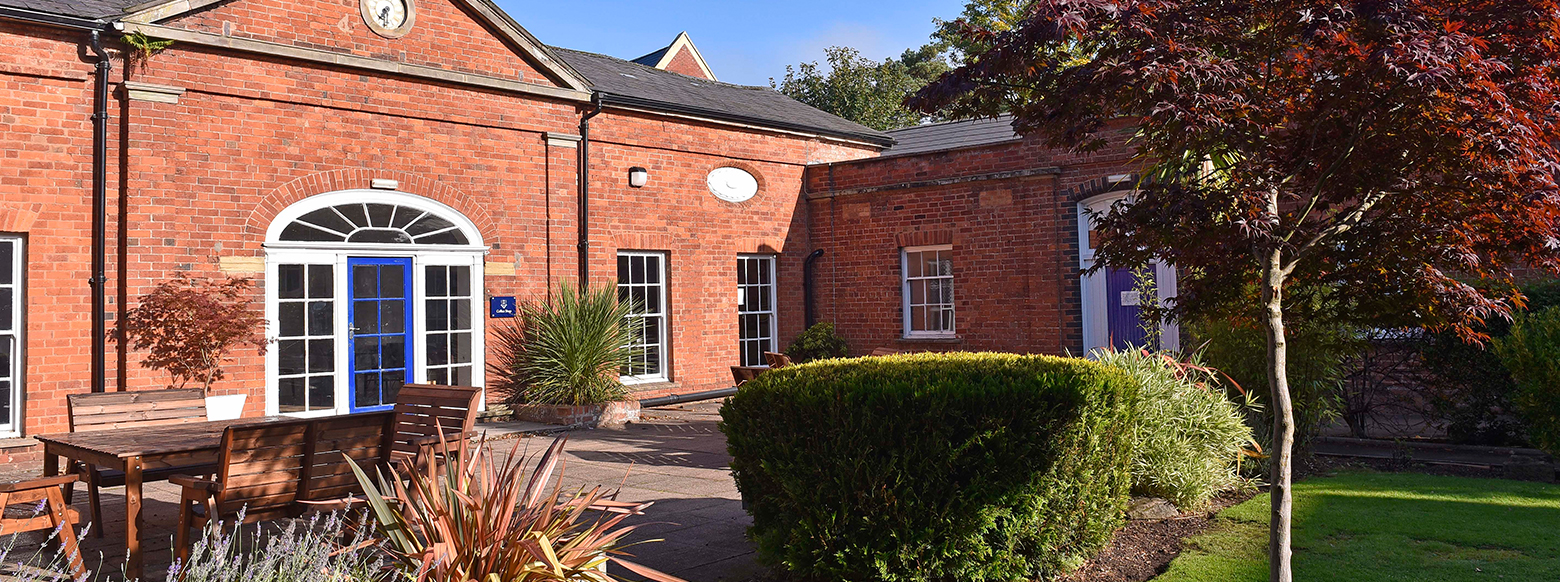The move to Senior School can be both exciting and daunting. At the heart of a smooth and successful transition is ensuring a child feels confident, secure and happy in their new environment and alongside those whom they learn each day. In every child we aim to develop a spirit of curiosity, a sense of self worth and the highest standards of behaviour, whilst supporting them in fulfilling their potential.
As well as a strong emphasis on the core subjects of English, Mathematics and Science we consider languages to be important, and so offer French and Spanish within our core timetable. Creativity abounds in our Art, Music and Drama programmes, and History and Geography lessons teach pupils about our world, both past and present.
Computing offers exciting possibilities to understand and control new technologies. Physical Education and Games encourage health and fitness, as well as providing opportunities to acquire and develop skills and attitudes to individual endeavour and teamwork. Add to the mix the moral and ethical dimensions discussed in PSHE and Religious Education and you have an academic programme that is broad and balanced, enjoyable and intellectually demanding. In Year 9, Business and Electronics are introduced to ensure that pupils experience all of our GCSE subjects before choosing which subjects they wish to study further. EAL is offered as a specialist subject throughout Senior School.
Detailed and accurate tracking and monitoring is underpinned by our use of the Cambridge CEM assessments programme, with pupils taking MIDYIS tests in year 7, YELLIS tests in Year 10 and ALIS tests in year 12. These tests measure developed ability – students’ underlying learning potential – rather than achievement based on the curriculum, and so form an excellent way to identify the learning profile of the pupil. Based on this, and our own knowledge of the pupil, we can produce strategies to build on strengths and target areas that may need extra support.
Our aim is to ensure that every pupil fulfils his or her academic potential, and so academic progress is measured and tracked by regular progress checks, the results of which are reported to parents.

